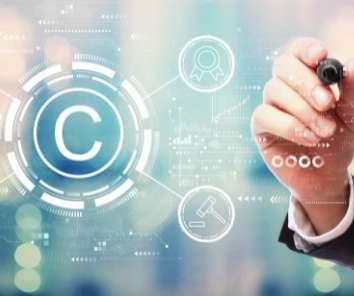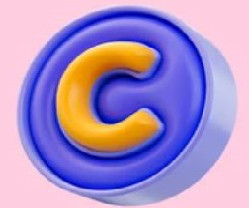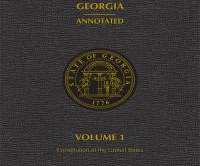Is your original work automatically protected by copyright?
Intepat
APRIL 18, 2022
Copyrights are a form of IPR that offers protection to a wide range of artistic and literary works of a creator. It includes musical works, photographic works, artistic works, motion pictures, and computer programs. As the name suggests, copyright means the right to copy.












Let's personalize your content